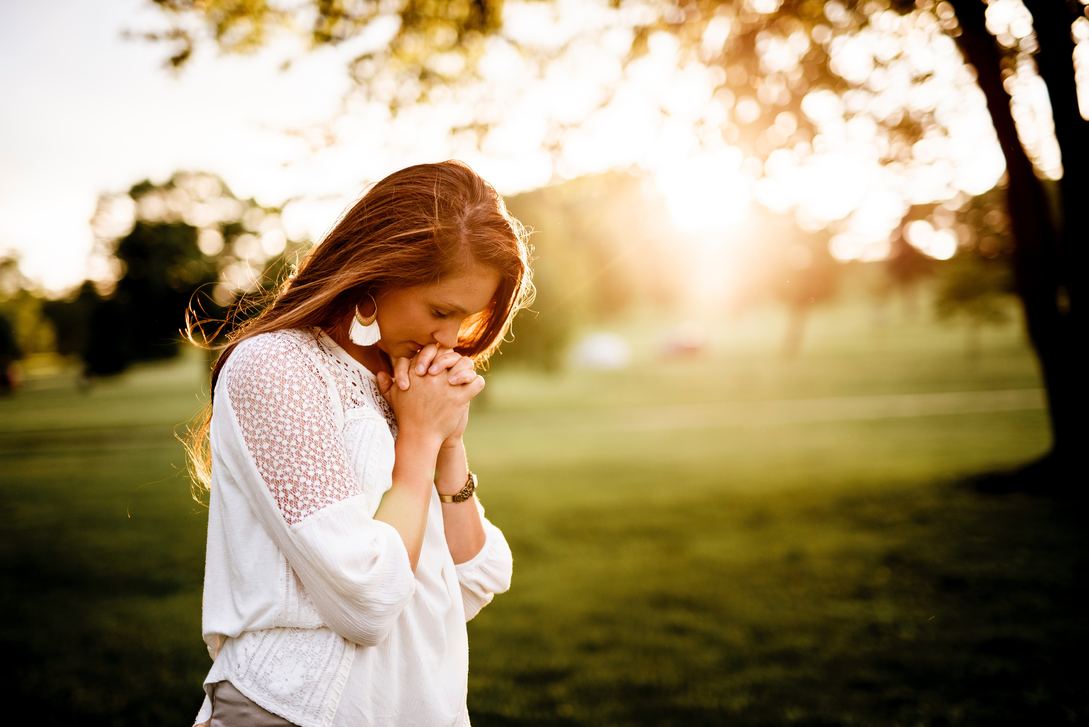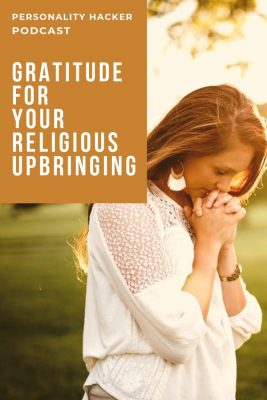Download Episode Here – right click link and select “Save Link As…”
In this episode, Joel and Antonia talk about the gratitude they’ve found for their religious upbringing.
In this podcast you’ll find:
To subscribe to the podcast, please use the links below:
Subscribe with iTunes
Non-iTunes Link
Soundcloud
Stitcher
Google Play
Spotify
Radio Public
PlayerFM
Listen Notes
If you like the podcast and want to help us out in return, please leave an honest rating and review on iTunes by clicking here. It will help the show and its ranking in iTunes immensely! We would be eternally grateful!
Want to learn more?
Discover Your Personal Genius
We want to hear from you. Leave your comments below…



Share:
Podcast - Episode 0279 - Why The World Needs Introverted Intuition
Podcast - Episode 0281 - Why The World Needs Extraverted Feeling
13 comments
I’m not sure if you’re listening to the full podcasts or simply reading the titles / show notes and commenting, but if my read of your posts is accurate I think you have a tendency to ‘throw the baby out with the bath water’. I suspect you’re holding your ground against irrational perspectives and paradigms, but in doing so you have created closed-off energy that doesn’t allow important data points to get in. Be cautious against hedging your frames in too closely, and limiting the patterns you’ll let yourself see.
A
Religion is harmful nonsense, so there is no reason to be grateful for it. It creates sexual suppression, judgmental people who are no fun to be around, division between people, useless guilt, and obedience to lies and stupid made-up rules.
Hi Antonia, all my life I’ve enjoyed studying different religions where even if I didn’t believe the supernatural beliefs of everything, I did learn a lot from the many philosophies on life. I thought I’d share you my perspective
Christianity : NF and SF. Jesus was an ENFJ that taught very deeply about the emotional side of spirituality, about forgiveness, but he also had very high Se and was able to teach a lot about practical volunteering to groups like the poor and sick today. Pope Francis today is also a very developed ESFJ that has enough Ne to be open to accepting the LGBT, kindness to atheists and living a very simple life.
Buddhism : NT and ST. The original Buddha was an INTP and a type 5 at that. Emphasizing meditation and reflection to understand the truths of life is very essential to Buddhism, which reflects his dominant Ti and aux Ne. Mindfulness practices, which emphasize enjoying the present and being observant of the sensory environment enough to recognize certain truths, are very ST types of practices, considering the Dalai Lama is a blunt(but loving) ISTP who describes in his biography learning deeply about climate change science to support global warming.
Hinduism : SP, if anything, though considering the number of gods, the religion has a unique set of various sects, but its practices are more SPish. For example, yoga originated from Hinduism and it emphasizes using the asanas or exercises to develop mental discipline. This also is shown in how different yoga exercises balance different chakras. Krishna, as the most famous Hindu god, seemed to be a very fun loving ESFP who enjoyed playing music and enjoying animals, especially cows as a cow herder, which is why cows are considered sacred in India.
Islam : SJ. Mohammed seemed to be a very wise ISTJ to me, often emphasizing the importance of routine to dedicate to spiritual life — such as praying the same time 5 times a day. He was a tough no nonsense guy with Te, and often emphasized learning from the past, even from different spiritual traditions. He praised Jesus, for example, multiple times in the Quran, and Islam throughout history has preserved a lot of past knowledge for humanity. When the West was going through the Dark Ages and books were burned, it was the Muslims who made sure to carry all the knowledge from mathematics to art to the present.
I recommend the blog Ancient Wisdom Project, if you’re more curious about this by the way.
I really appreciate that you are using typology to understand and reach various people! I never felt heard in my congregation, which was probably aligned with my back-seat functions (Si/Fe), and I think it would be really cool to help people understand how their strengths uniquely fit into the picture.
I haven’t listened all the way through this episode yet, but I found your question really interesting and wanted to share some of my experiences that I recall. (context: I’m in my 20s now, and not a parent). I was raised Catholic and in 8th grade everyone went through confirmation, which means that you are (I’m probably phrasing this wrong) reaffirming your baptism as a conscious grown-up human (not a newborn baby anymore). As a kid who was kind of on the fence about my beliefs, I told my mom that I didn’t want to get confirmed yet because it felt like everyone was just doing it cause they had to, not because they really meant it. I said, “I like all of the ‘be nice to people’ stuff, obviously, but I just don’t know if I believe in God.”
For me, it was all about the ideas, and nothing to do with the framework. I picked through which values I liked and which I didn’t, whether it came from church or from my peers or from reading fiction. In contrast, my brothers had/have more trouble being decisive about their values, for various reasons. Beginning to go to church again, of their own volition, brought massive stability to their lives and sort of, really, saved them. So in my family, the church and its values are the bedrock of stability. Whenever I go to my parents with some troubles, they always end up saying, amongst other advice, “go to church.” I wish sometimes that that would appreciate the ways that they did the job of “church” without being vocal about the religion itself in everyday life— That they can (and did) teach me to be kind without scripture, that my mom pushed me to be brave without telling me to look to God for support, and that my dad encouraged me to think for myself despite the fact that often the structure of our church didn’t support that.
So I guess that I see it both ways— that embodiment of values is what really matters, but that some people have an easier time sorting through the abstractness of that and some people are aided by a more decisive list of rules to guide them, whether that comes from a religion or just the way a household is structured. I wish that my parents would understand how much impact the structure of our “more abstractly defined” family culture has on me; versus how little I gain, and how dismissive it sounds, when they advise me, knowingly against my beliefs, to “go to church” for answers.
I can’t wait to listen to the rest of this episode!